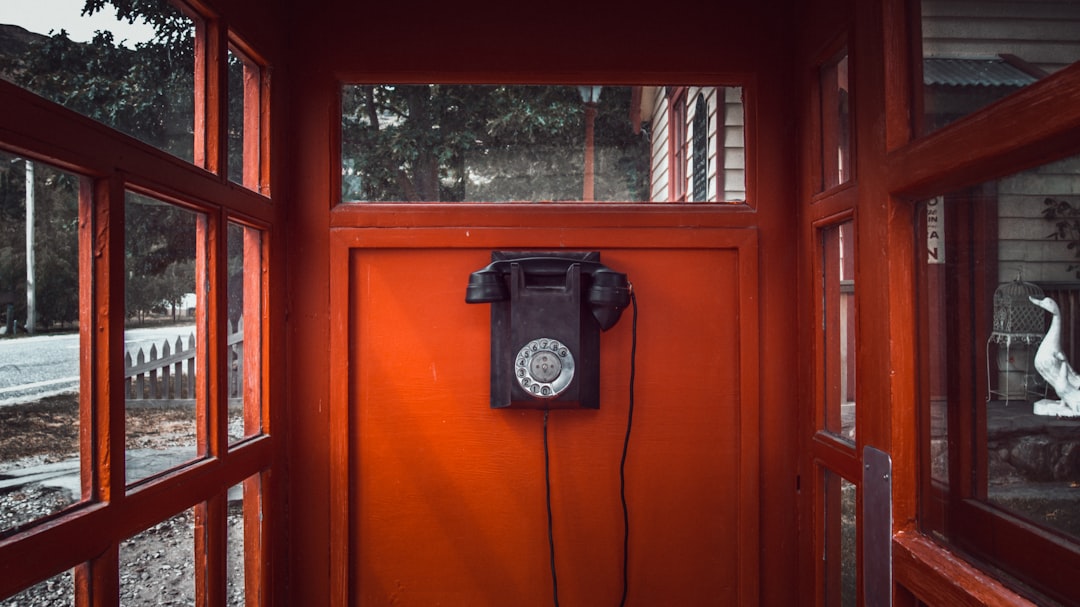Robocall scams targeting Massachusetts homeowners are a growing concern, but residents have legal protection under the Telephone Consumer Protection Act (TCPA). Homeowners can sue for damages if their privacy is invaded by unwanted automated calls offering home services or debt relief. Reporting these calls to telecom providers and the Federal Trade Commission (FTC) is essential, along with documenting each instance. Consulting a TCPA litigation specialist or consumer protection attorney can help Massachusetts residents understand their options for suing over robocalls and protecting themselves from financial loss or emotional distress.
In recent years, robocall scams have become a persistent problem for Massachusetts homeowners. These automated calls, often posing as legitimate organizations, target unsuspecting residents with deceptive messages. This article delves into the world of robocall scams, specifically focusing on their impact on Massachusetts. We explore legal rights and options available to affected residents, including potential actions against scammers. Additionally, we provide practical steps to help identify and respond to these fraudulent calls, empowering Massachusetts folks to protect themselves from such deceptions and even consider suing for robocalls if warranted.
Understanding Robocall Scams Targeting Massachusetts Homeowners

Robocall scams targeting Massachusetts homeowners have become an increasingly common nuisance, leaving many residents questioning their legal rights. These automated phone calls often purport to offer home improvement services, debt relief, or other seemingly legitimate opportunities, but they are designed to trick unsuspecting individuals into providing personal information or making financial decisions that could be detrimental.
In Massachusetts, as in many other states, there are laws in place to protect consumers from such fraudulent activities. The Telephone Consumer Protection Act (TCPA) allows individuals to take legal action against companies or individuals responsible for unwanted robocalls. If you’ve received a robocall and believe it was made without your consent, you may have grounds to sue for damages, including monetary compensation. “Can I sue for robocalls Massachusetts?” is a question that’s gaining traction as more residents seek justice and accountability from the perpetrators of these scams.
Legal Rights and Options for Massachusetts Residents Affected by Robocalls

Massachusetts residents affected by robocall scams have legal rights and several options to consider. If a homeowner receives unwanted automated phone calls, they can take action under the Telephone Consumer Protection Act (TCPA), a federal law designed to prevent abusive phone marketing practices. This law gives individuals the right to sue for damages if their privacy has been invaded or if they’ve received calls in violation of its rules.
Those affected can file a complaint with the Federal Trade Commission (FTC) and the Massachusetts Attorney General’s Office, which actively monitors and enforces consumer protection laws. Furthermore, some cases may warrant legal action against the culprits. Consulting with an attorney specializing in TCPA litigation is advisable to understand the potential for suing for robocalls in Massachusetts and the best course of action based on individual circumstances.
Steps to Take If You Believe You've Been a Victim of a Robocall Scam in Massachusetts

If you think you’ve been targeted by a robocall scam in Massachusetts, there are several steps you should take to protect yourself and your rights. First, document the call by recording any suspicious messages or taking notes on the caller’s information, such as phone number, spoken content, and timing. Then, contact your local telecommunications company to report the fraudulent activity and request blocking of future calls from that number. You can also file a complaint with the Federal Trade Commission (FTC) using their online tools, which will help them track and investigate these scams.
Additionally, consider reaching out to an attorney specializing in consumer protection or telecommunications law if you believe you’ve been harmed by the scam. Massachusetts laws offer certain protections for homeowners against unsolicited telemarketing calls, and you may have grounds to sue for damages incurred due to the robocall scam, including emotional distress or financial loss. Consulting with a legal professional can help determine your options for seeking justice and compensation.






